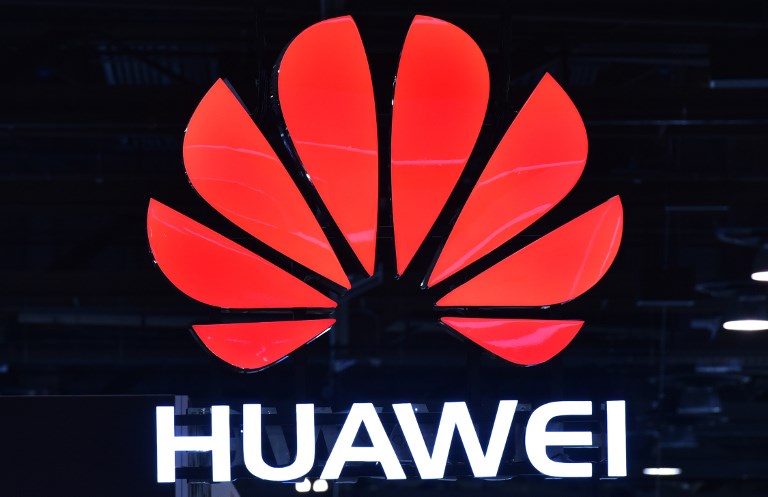
PARIS, France (AFP) — French Foreign Minister Jean-Yves Le Drian warned Wednesday of “risks” in deploying next-generation 5G wireless networks using equipment from the Chinese telecommunications giant Huawei.
“We are well aware of the risks… from Huawei’s position in major networks, the risks that could stem from Huawei’s extensive work on 5G,” Le Drian told a Senate panel in Paris.
“The government will take all necessary measures at the proper time,” he said.
France joins several western nations which have voiced fears that using Huawei base stations and other gear could give Chinese authorities access to critical network infrastructure worldwide, possibly allowing it to spy on foreign governments.
Le Drian said he would discuss the concerns with his Chinese counterpart Wang Yi during his visit to Paris on Thursday.
The head of France’s national cybersecurity agency had said Tuesday that French authorities were planning to require more oversight and control of 5G equipment because of the security concerns.
The new technology promises nearly instantaneous transfers of huge amounts of data, allowing for self-driving cars or remotely accessed sensors in an array of consumer and health products.
Huawei has invested billions of dollars in the technology, competing mainly against Sweden’s Ericsson and Finland’s Nokia.
But the United States, Britain and other countries have warned of potential Huawei security risks, not least since its founder Ren Zhengfei is a former People’s Liberation Army engineer.
Huawei officials have bristled at the claims, with its chairman Liang Hua warning this week that it would pull out of partnerships in countries where it is not welcome.
“We do not pose a threat to a future digital society,” Liang said at the World Economic Forum in Davos, Switzerland.
Adding to the tensions, Canadian police arrested in December Huawei’s chief financial officer Meng Wanzhou — a daughter of the company’s founder — on a US warrant over suspected Iran sanctions violations.
China on Wednesday accused Washington of “bullying behaviour” after US authorities confirmed plans to seek Meng’s extradition.
The US “will stop at nothing to suppress Chinese high-tech enterprises and restrain China’s legitimate development rights,” foreign ministry spokeswoman Hua Chunying said in Beijing.
© Agence France-Presse







